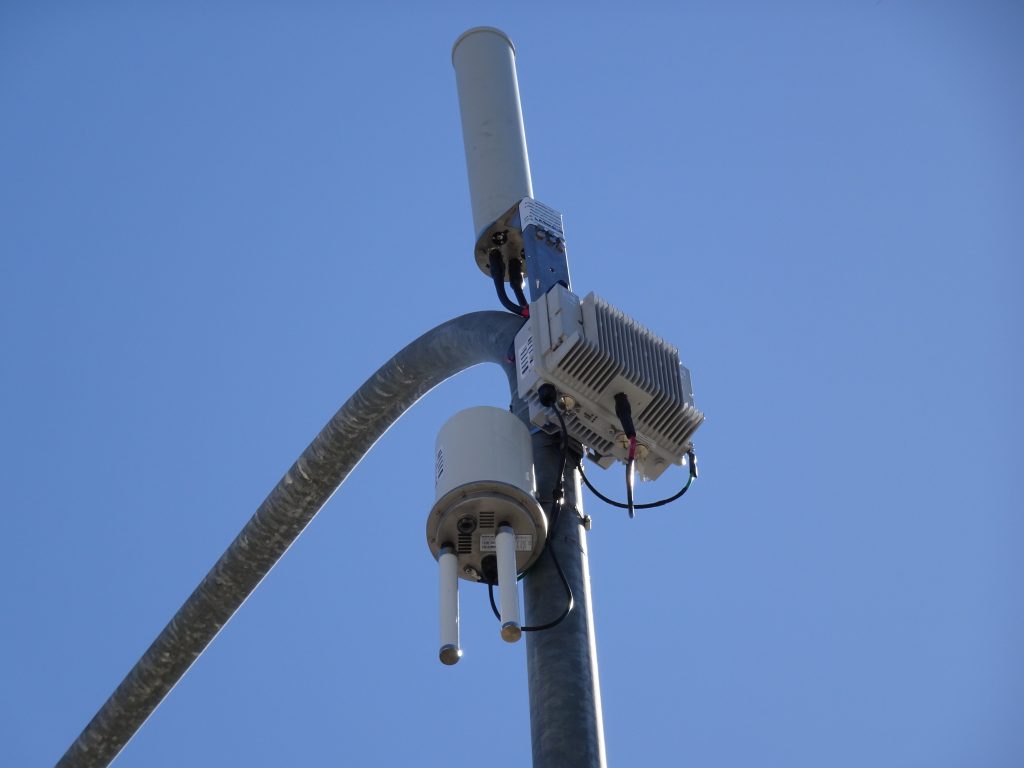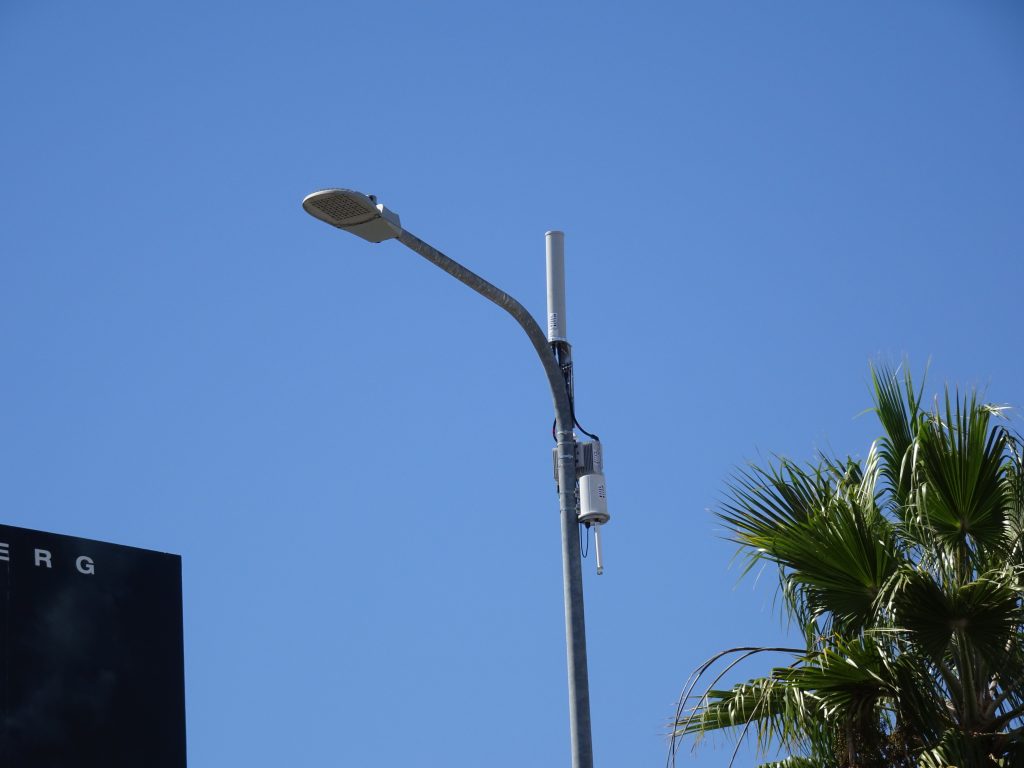Charter Cable purchased Time Warner Cable and promptly rebranded as “Spectrum.” That rebranding includes the Time Warner properties in Southern California, including where I live.
Over the last week I have had the need to have several service calls at my home that require I be present.
Imagine my surprise when I found out that Time Warner Charter Spectrum Cable apparently ignores California law which requires it give customers the option of a 4-hour window appointment for service calls that require the customer be home.
In the last week I have called in and asked twice for a four hour window appointment, and twice I’ve been refused. The service reps claim they have no option on the computer screen to offer such an appointment. They offer one hour window appointments but that’s not the law which provides for certain remedies if the four hour window is violated.
I suppose this should come as no surprise since it is likely that most consumers are unaware of the state law designed to protect them, and which provides for up to $600 if the cable company misses the appointment without a valid excuse.
Below is The text of the state law that Spectrum seems to be ignoring:
Civil Code Section 1722. (b) (1) Cable television companies shall inform their subscribers of their right to service connection or repair within a four-hour period, if the presence of the subscriber is required, by offering the four-hour period at the time the subscriber calls for service connection or repair. Whenever a subscriber contracts with a cable television company for a service connection or repair which is to take place at a later date, and the parties have agreed that the presence of the subscriber is required, the cable company and the subscriber shall agree, prior to the date of service connection or repair, on the time for the commencement of the four-hour period for the service connection or repair.
(2) If the service connection or repair is not commenced within the specified four-hour period, except for delays caused by unforeseen or unavoidable occurrences beyond the control of the company, the subscriber may bring an action in small claims court against the company for lost wages, expenses actually incurred or other actual damages not exceeding a total of six hundred dollars ($600).
(3) No action shall be considered valid if the subscriber was not present at the time, within the specified period, that the company attempted to make the service connection or repair or made a diligent attempt to notify the subscriber by telephone or in person of its inability to do so because of unforeseen or unavoidable occurrences beyond its control. If notification is by telephone, the cable television company or its agent shall leave a telephone number for a return telephone call by the subscriber to the company or its agent, to enable the consumer to arrange a new two-hour period for service connection or repair.
(4) In any small claims action, logs and other business records maintained by the company or its agents in the ordinary course of business shall be prima facie evidence of the time period specified for the commencement of the service connection or repair and the time that the company or its agents attempted to make the service connection or repair, or of a diligent attempt by the company to notify the subscriber in person or by telephone of a delay caused by unforeseen or unavoidable occurrences.
(5) It shall be a defense to the action if a diligent attempt was made to notify the subscriber of a delay caused by unforeseen or unavoidable occurrences beyond the control of the company or its agents, or the company or its agents were unable to notify the subscriber because of the subscriber s absence or unavailability during the four-hour period, and, in either instance, the cable television company commenced service or repairs within a newly agreed upon two-hour period.
(6) No action shall be considered valid against a cable television company pursuant to this section when the franchise or any local ordinance provides the subscriber with a remedy for a delay in commencement of a service connection or repair and the subscriber has elected to pursue that remedy. If a subscriber elects to pursue his or her remedies against a cable television company under this section, the franchising or state or local licensing authority shall be barred from imposing any fine, penalty, or other sanction against the company, arising out of the same incident.
Is this law important? Of course it is, because it’s the law, and because of the protections it provides to the public. I personally know that having used it several times to sue my cable operators for missing appointments. I recovered each time. That’s what the law is intended to do, and why it offends the law and subscribers when it is ignored by a cable operator.
Jonathan







